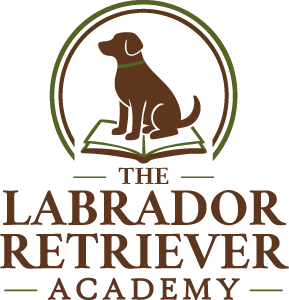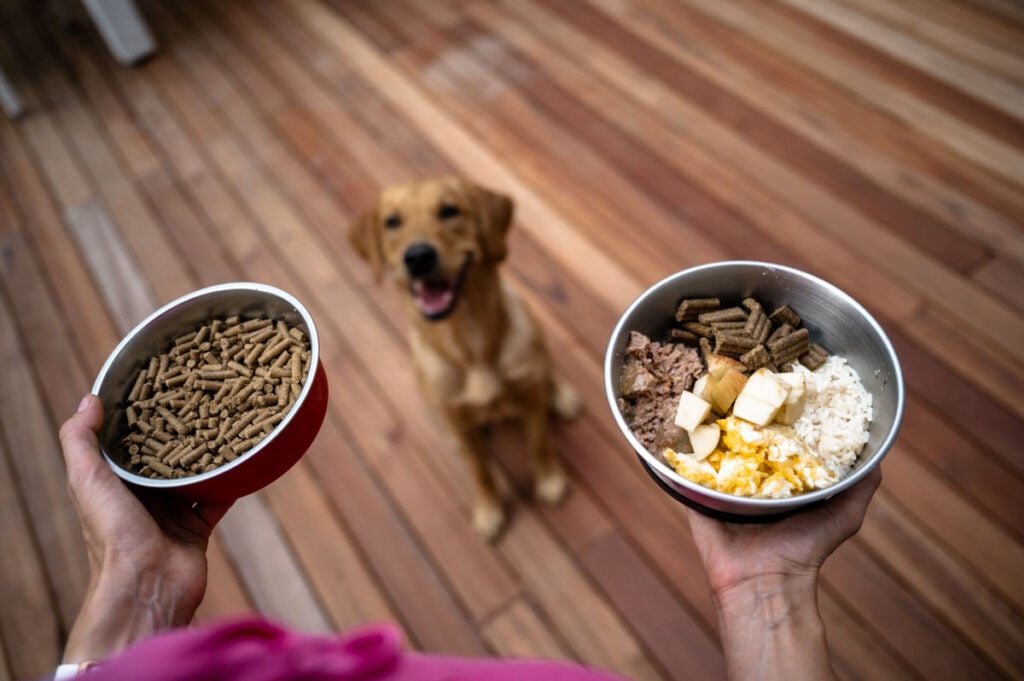When it comes to raising a healthy, happy Labrador Retriever, food isn’t just fuel. It’s information. It speaks to your dog’s body, brain, and even personality. And what you put in the bowl can either support their physical and mental wellbeing—or quietly undermine it.
Let’s talk about why what you feed your Labrador really matters.
The Gut-Brain Connection Is Real—Even for Dogs
Your Labrador’s gut is more than a digestive system. It’s a command center that’s deeply linked to their brain. Scientists call it the “gut-brain axis,” and it’s not just a human thing. In dogs, this axis affects mood, stress response, behavior, focus, and even how well they learn.
A healthy gut helps regulate serotonin (the “feel-good” hormone), controls inflammation, and helps your dog manage stress. An unhealthy gut, fueled by poor nutrition, can lead to anxiety, reactivity, and even aggression.
This is especially important for Labradors, who are sensitive, highly social, and prone to conditions like separation anxiety, hyperactivity, and weight gain.
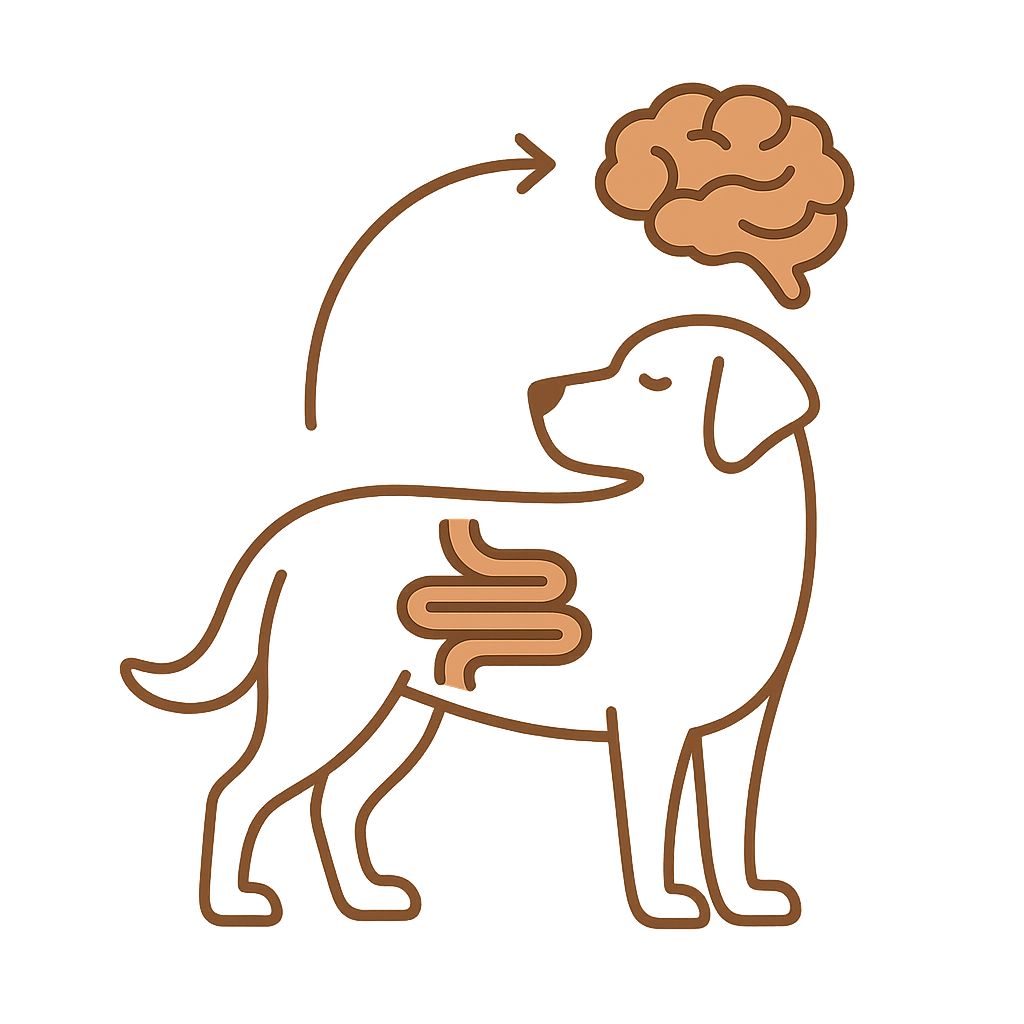
Food as Data: Canine Nutrigenomics 101
Enter canine nutrigenomics—the study of how food talks to genes.
Every bite your Lab eats can switch genes on or off. Genes related to inflammation, fat storage, cognition, immune response, and behavior. High-quality, species-appropriate nutrition supports healthy gene expression. Cheap, ultra-processed kibble? Not so much.
Here’s the good news: you don’t need a lab coat to feed smarter. Just understanding that food isn’t neutral—it’s a daily message you send your dog’s body—puts you ahead of the curve.
How Diet Affects Labrador Behavior
Let’s break this down. Poor nutrition isn’t just about dull coats or extra pounds. It can show up as:
- Hyperactivity or short attention span – often linked to blood sugar spikes or additives
- Anxiety or moodiness – possibly tied to poor gut health or inflammatory diets
- Lack of motivation or sluggishness – a red flag for nutrient deficiencies
- Obsessive behavior – sometimes influenced by imbalanced neurotransmitters
Better food means better behavior. Period. And this isn’t opinion—it’s being confirmed in veterinary studies and behavioral cases more and more.
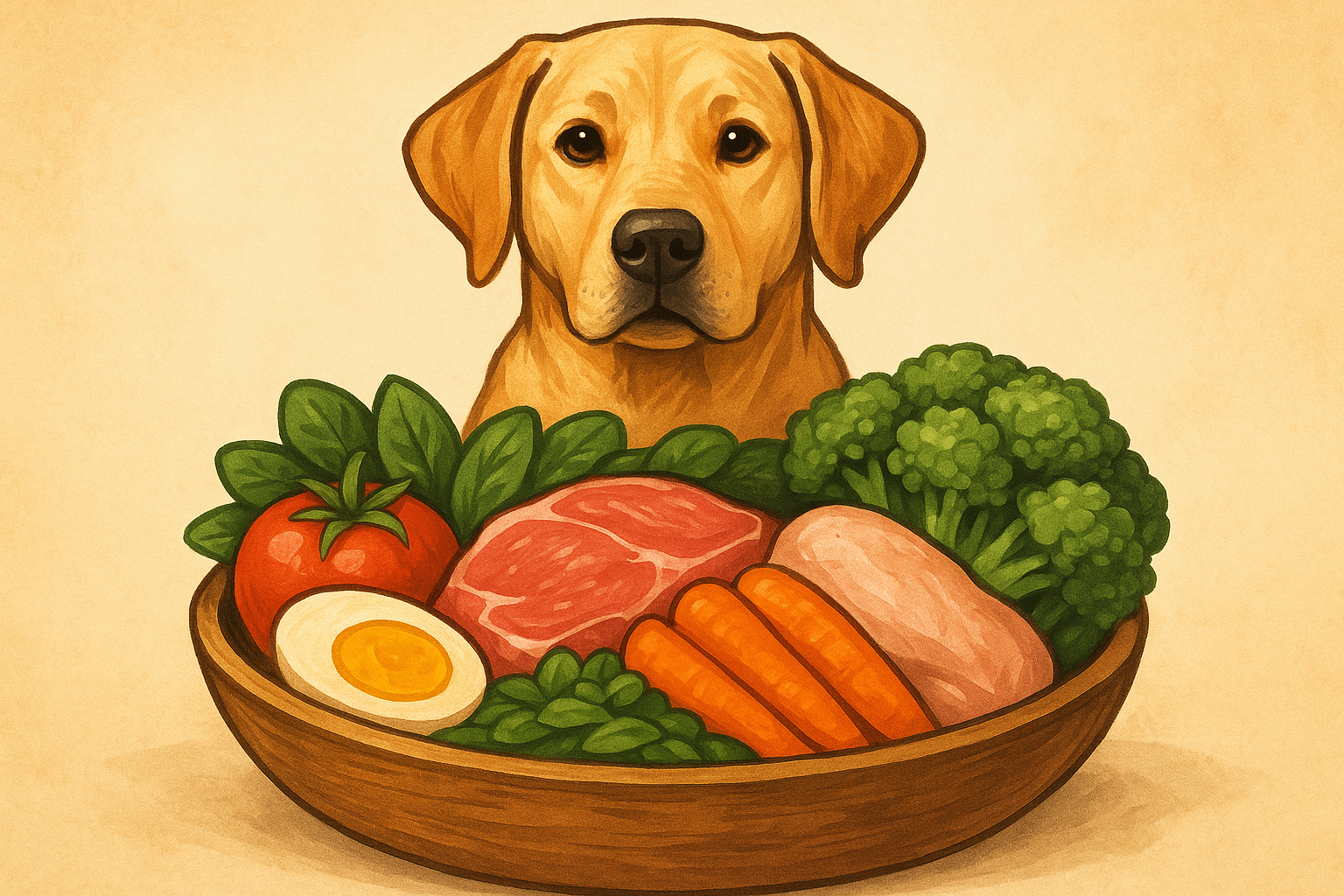
Homemade Isn’t About Being Fancy
There’s a growing trend toward homemade, fresh food diets—and for good reason. They let you control ingredients, avoid cheap fillers, and tailor nutrients to your dog’s actual needs.
But let’s be real: not everyone has time to cook. And that’s okay. The goal isn’t perfection. It’s progress.
Maybe you add some fresh veggies to your dog’s kibble. Maybe you switch to a gently cooked or freeze-dried option. Maybe you start rotating protein sources or ditch the artificial stuff. Every small upgrade counts.
If you can cook at home (with guidance), that’s amazing. But shame has no place here. Your journey is your own, and you’re here, learning—which already makes you an awesome dog parent.
Bottom Line: Food Changes Everything
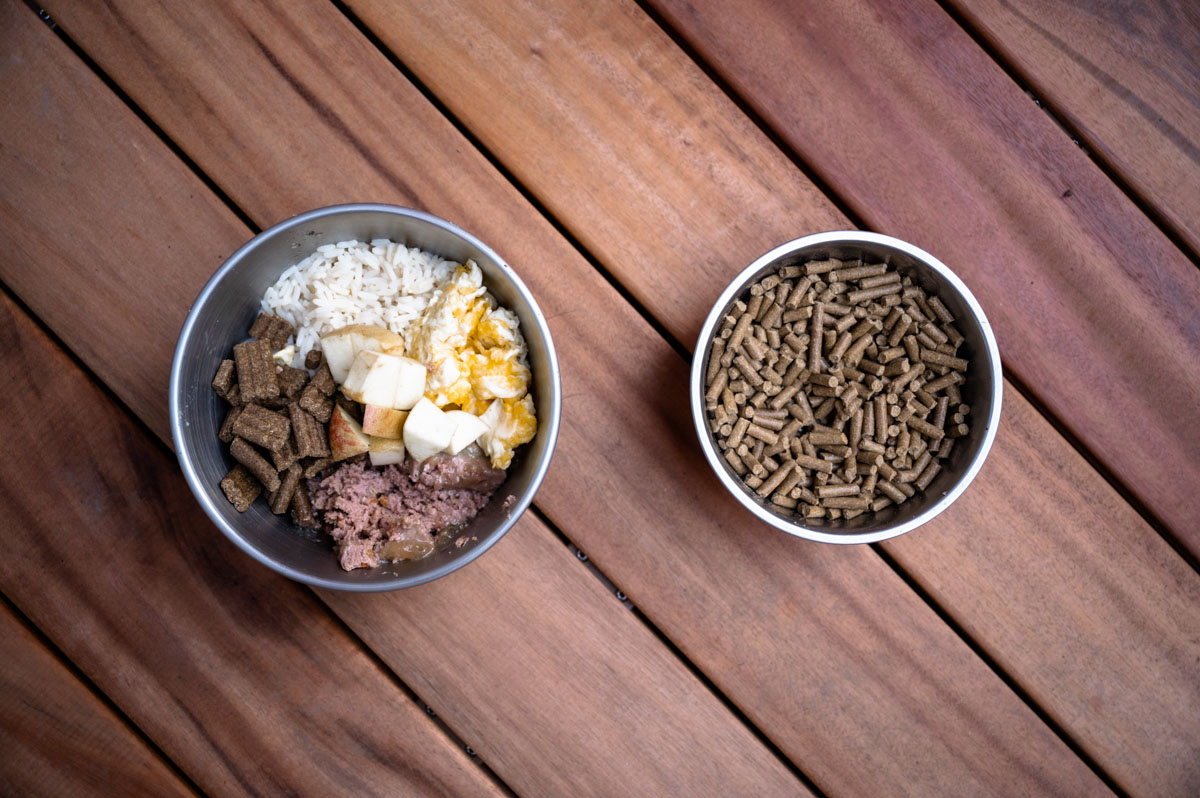
Your Labrador’s food affects how they move, how they feel, how they learn, and how they behave. It affects their joints, brain, skin, heart, and mood.
Feeding is never just feeding. It’s training. It’s healthcare. It’s communication.
In my academy, we dig deeper into all of this—how to read dog food labels, how to transition to better diets safely, and how to use food to support training, health, and longevity.
Stay tuned for my upcoming series where we’ll break down specific food-behavior connections, explore common diet myths, and help you build a food strategy tailored to your Labrador’s unique body and brain.
Because when you change what’s in the bowl, you can change your dog’s life.
